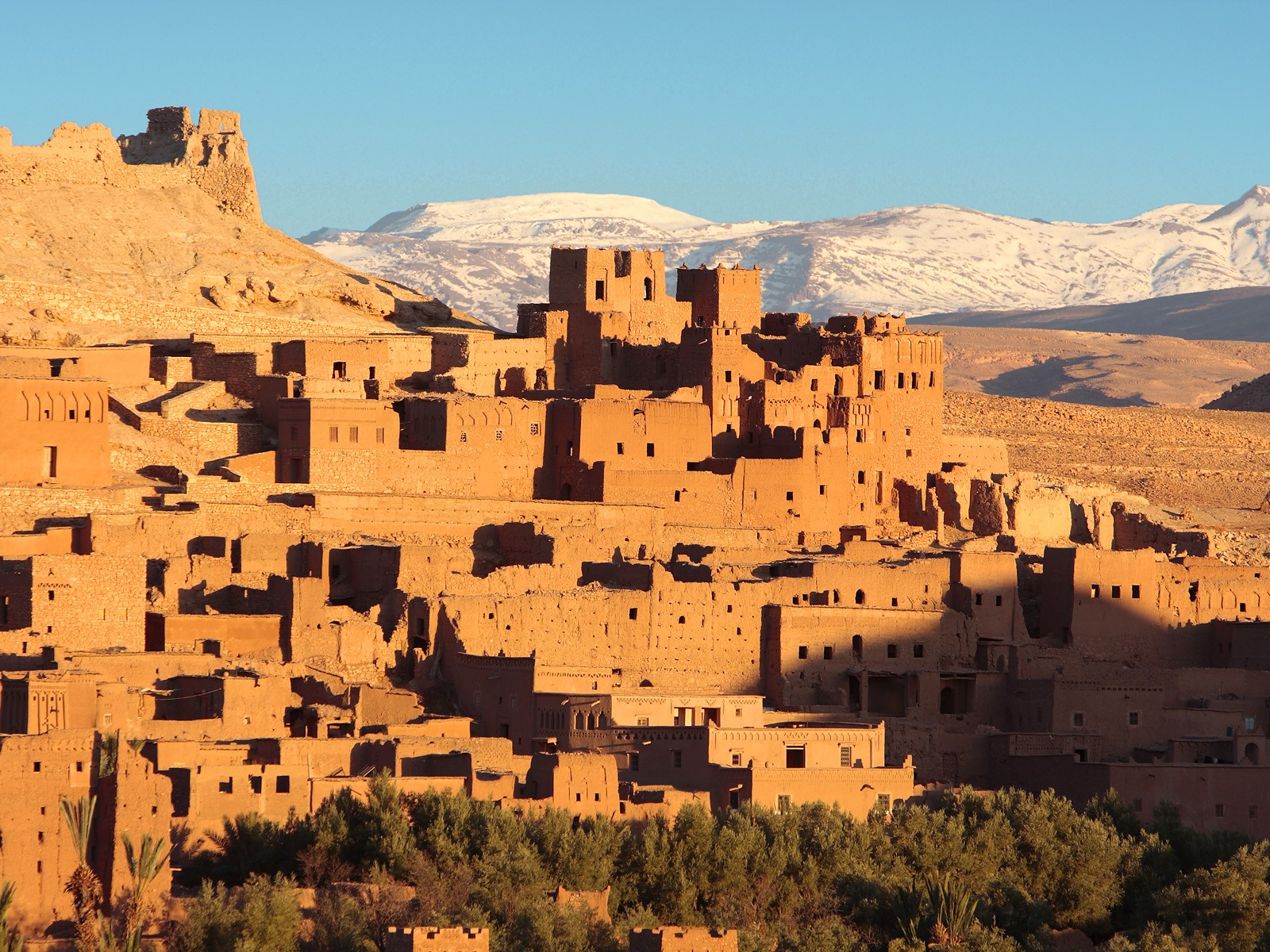Quora Answer: Is Working at an Insurance Company Haram or Halal?

بِسۡمِ ٱللهِ ٱلرَّحۡمَـٰنِ ٱلرَّحِيمِ The following is my answer to a Quora question: “ Is working at an insurance company haram or halal ? ” To claim anything is haram in fiqh al-mu’amalah , there has to be a good reason. Insurance is a means to mitigate risk by pooling risk. A contract is created, represented by the individual policies, where legal persons attain financial reimbursement for losses incurred that are covered within the schedule of the policy. In what manner would that be contrary to the shari’ah ? Some people make the claim there this is riba’ , but riba’ entails an element of zhulm , oppression, to create wealth out of nothing, through some form of financial manipulation or creating an undue advantage through a skewed system or unfair contract. Unless the insurance contract was made in bad faith and involved some form of undue advantage, and people are defrauded, there is no claim to it being haram .
















